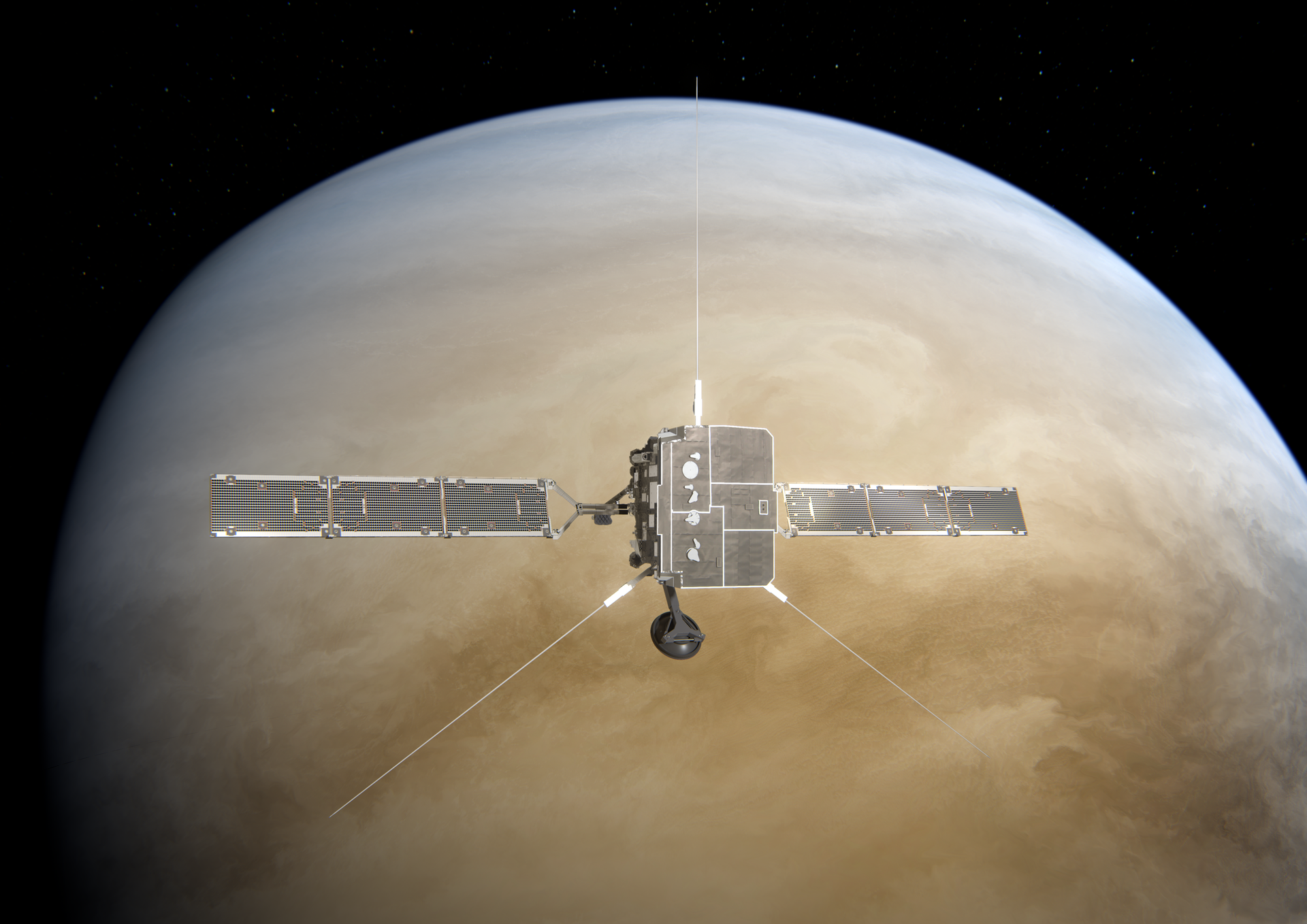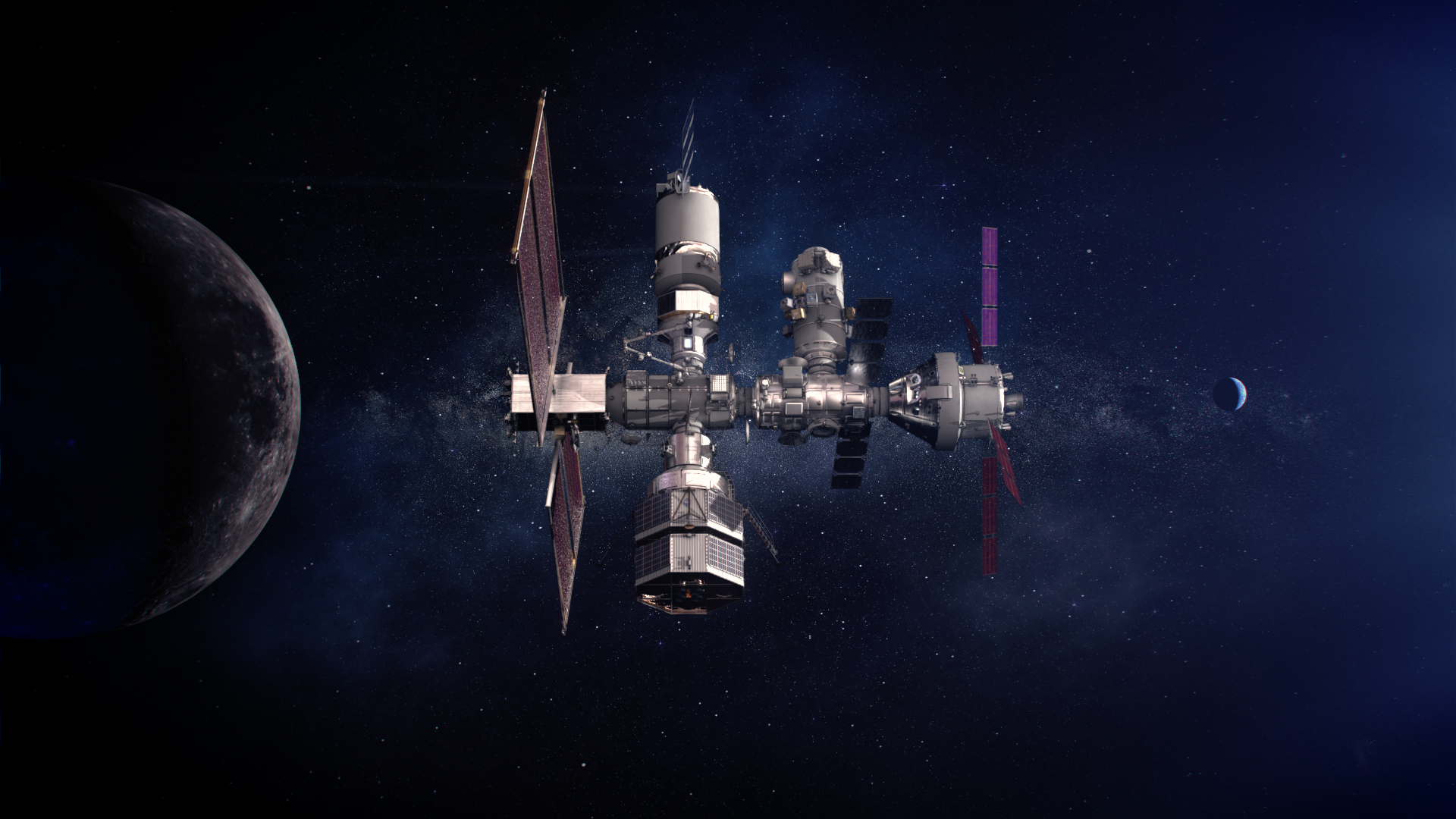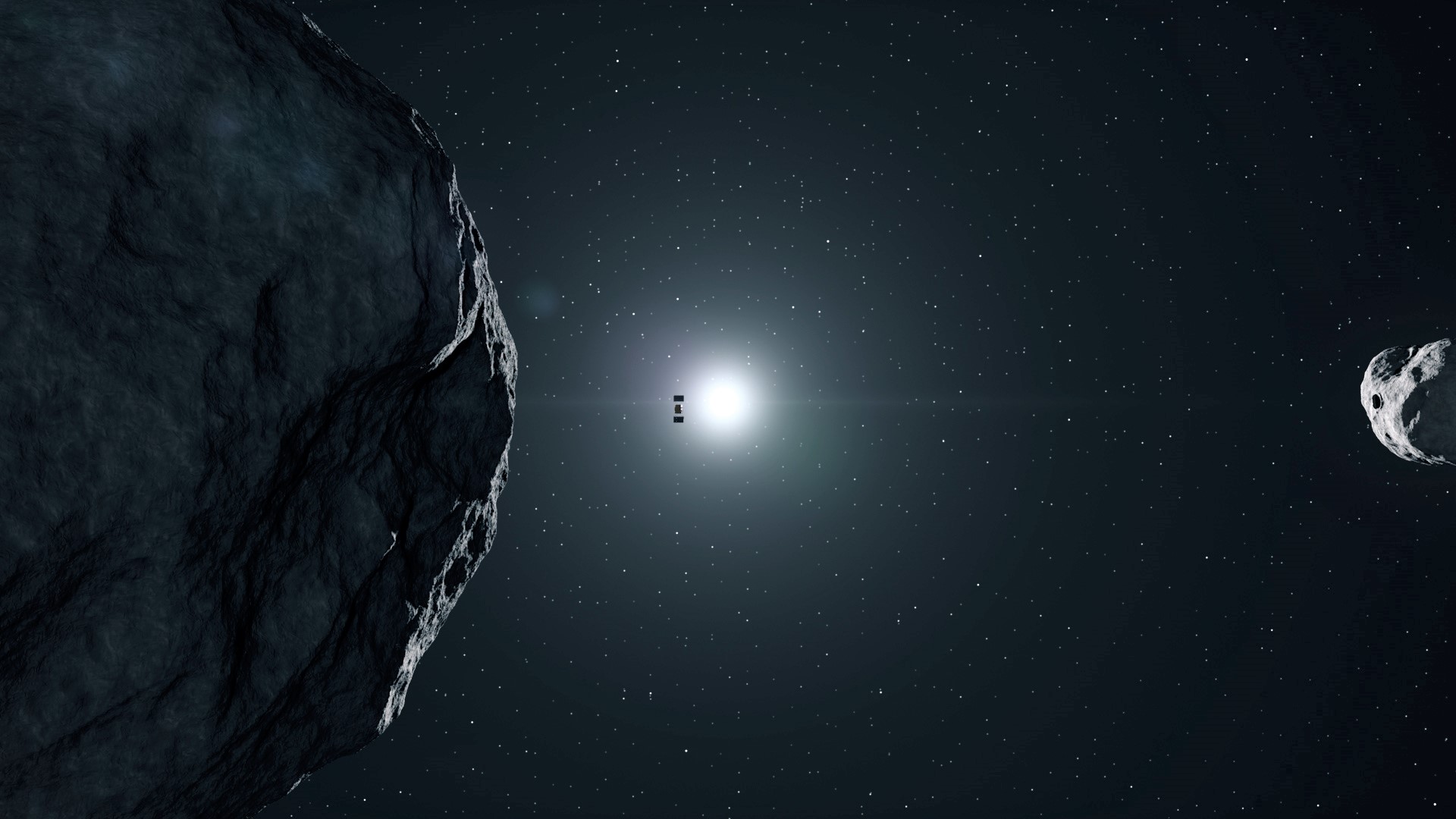March 4, 2021. "Perseverance" and "ingenuity" are two of the most used terms in recent weeks. Perseverance is the name of the rover that NASA recently brought to the surface of Mars - more precisely, to the bottom of Jezero Crater. And Ingenuity is the name of the autonomous flying helicopter that is supposed to take a look around Mars.
But perseverance and ingenuity are also terms that describe very well what exploration – and space exploration in particular - is all about. For a mission that requires a journey of 480 million kilometres, ingenuity and perseverance are basic virtues. This is true for space projects in general: the vast majority of projects carried out in and for space are on the edge of what is technically feasible. They take many years from the initial idea to the moment when – like the recent landing of the NASA rover on Mars – the mission is a success.
Life in space?
And yet this effort is worthwhile. The knowledge that humanity gains from research missions into the vastness of space is an invaluable contribution to further and deeper understanding of how the universe, our solar system, the Earth and thus also we humans came into being and developed over the course of millions and billions of years. What would it mean for our self-image if we learned that life existed on Mars a long time ago? How would this change our view of ourselves if it were scientifically proven that life exists or has existed in other places in the universe? What's more, since we now know of many thousands of Earth-like planets orbiting a sun in the so-called habitable zone – that is, an environment where liquid water can exist – what would that mean in terms of the eternal question whether intelligent life exists beyond Earth?
Exploration provides answers to fundamental questions
I must confess that I have always been very fascinated by questions like this. And that's why I'm convinced that space exploration is necessary and makes sense. The subject has fascinated me ever since I watched the moon landings on television with my father when I was a little boy. The idea that humans can leave the Earth to land on other celestial bodies still fascinates me today. But I am even more fascinated by the question of how such missions can succeed in finding answers to all these big, all-encompassing human questions. I think it is this curiosity that drives people to spend billions of dollars on exploration missions to other planets or sending probes to go as far as possible into space. Launched in 1977, NASA's Voyager 1 probe has travelled some 22.7 billion kilometres by the end of February 2021 and is the first human-built object to leave our solar system since 2013.
However, there are far less distant objects in space that seem worth a closer look or further investigation. Venus, for example. I am convinced that it would make a lot of sense to look for traces of life in the planet's atmosphere; there are serious indications that life-friendly conditions prevailed on Venus billions of years ago. This knowledge could give us a glimpse into our own future.
Almost 50 years ago the last human set foot on the moon
Much more obvious, however, is the moon. The last time a human being – NASA astronaut Eugene Cernan – was on the lunar surface was on 14 December 1972. That was almost 50 years ago. In that time, technology and science have advanced enormously. I am therefore convinced that a new mission to the moon could also be ground-breaking in terms of insights into the origins of the Earth. The astronauts of the Artemis mission are supposed to land at the south pole of the moon in a few years. Water ice has been detected there, which could one day be used to produce oxygen or hydrogen on the moon. In addition to the purely scientific motives, however, this mission also pursues a purpose that follows more the exploratory urge of the early explorers of the modern era: From lunar stations and a space station in lunar orbit, humans could make further journeys into space in the future.
Mars: Planet B or hostile desert world?
About Mars. I often hear and read about the idea of building human settlements on Mars. Elon Musk, the founder and CEO of Space X, talks about it time and time again. His Starship rocket is supposed to transport people and materials to the Red Planet to build permanent settlements there. Most recently, he has set his sights on 2026 for a first mission to Mars. I understand that this story sounds intriguing. However, it feeds more on the approaches of science fiction and Hollywood than on a realistic scientific perspective. For the fact that Mars could actually one day become a refuge for humanity, the alternative to Earth, so to speak, is out of the question for me.
The reason is quite simple: the conditions on Mars are so hostile to life that humanity will have to do a lot wrong on its own planet in the coming centuries for Mars to actually appear as a desirable alternative. The planet's atmosphere consists of 95 per cent carbon dioxide, the average surface temperature is around -60 degrees and because of the very weak magnetic field, humans would be defenceless against cosmic radiation. Incidentally, this radiation is also a problem that has not yet been solved for people who would make the journey there, which would take at least half a year – and we are only talking about the outward journey.
Depending on the propulsion technology used and the waiting time after landing for a favourable Earth-Mars constellation for the return flight, the journey there and back could take up to 1,000 days, with a 500-day stay on site. Only with more efficient propulsion could the travel time be shortened. Cosmic rays and solar events such as solar storms, which eject huge amounts of highly charged particles, cause DNA defects that would undoubtedly cause severe damage to the travellers. Technology is not yet advanced enough to even guarantee radiation protection on the journey – on the surface of Mars, it is at least conceivable to build protective shells against the radiation from Martian rock. Whether this will provide a comfortable dwelling, however, is another question.
Outposts as a base for long journeys
To describe what I see as the sensible and feasible steps for humanity outside our own planet, I keep coming back to the explorers of the early modern era. They, too, felt their way forward. They built outposts that served as a base for the next leg of the journey. And even today, mankind still operates such outposts for research purposes, such as the stations in Antarctica. I can also well imagine that humanity will in the foreseeable future establish a deep-sea station where people will stay in rotation to explore the deep sea. It is one of the peculiarities of science that it knows more about the formation and state of the universe than it does about certain areas in the deepest parts of the oceans.
But that is exactly what influences my picture of the meaningfulness of exploration is: for many reasons, it certainly makes a lot of sense for us to work more intensively on exploring the deep sea. That we derive explanations about certain processes from the findings and possibly even change our actions on the mainland as a result. But we would not draw the conclusion from the fact that it makes sense to explore the seabed more thoroughly that we as a species should live at a depth of 10,000 metres and in complete darkness. The situation is similar, in my view, with Mars. From a scientific point of view, there are certainly 1,000 good reasons to conduct research there and possibly even to set up a research station one day. Nevertheless, I don't think it makes sense to settle humans permanently on Mars for a long time yet.
In 2022, Perseverance and Ingenuity are due to have a visitor: Then the second part of the ExoMars mission will be launched. Part 1, the ExoMars Trace Gas Orbiter, is already in orbit around the Red Planet. Part 2 of the mission consists of a Russian lander and a European rover named Rosalind Franklin. Both will be carried to Mars by a carrier module built by OHB. The aim of the mission is, among other things, to search for past or still extant life
Personal details:
Born in 1962, Marco Fuchs studied law in Berlin, Hamburg and New York. He worked as an attorney in New York and Frankfurt am Main from 1992 to 1995. In 1995, he joined OHB, the company that his parents had built up. He has been Chief Executive Officer of OHB SE since 2000 and of OHB System AG since 2011. Marco Fuchs is married and has two children.





